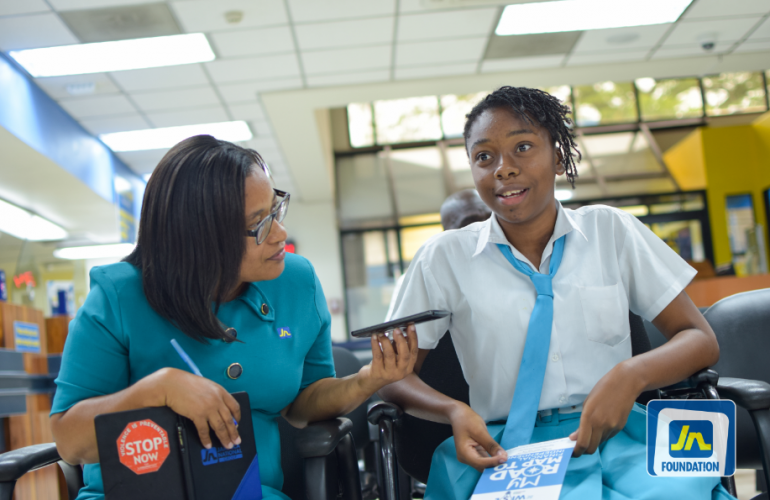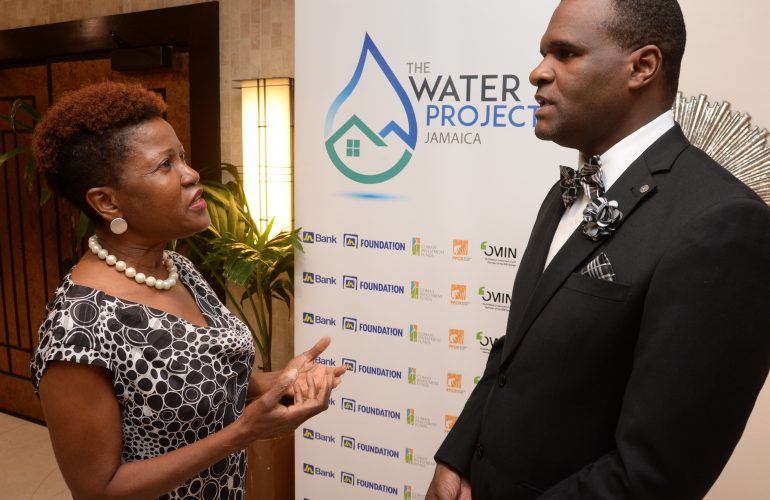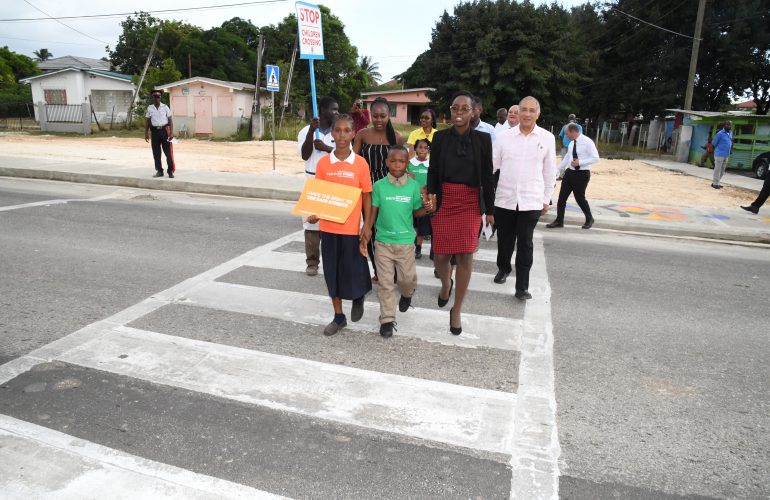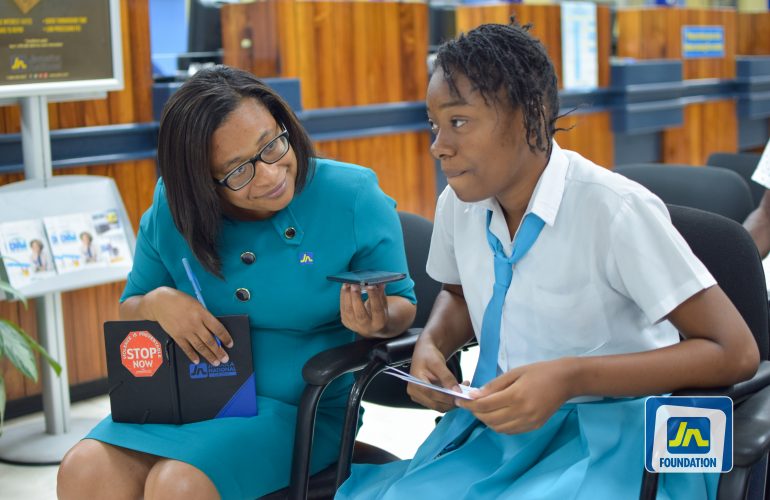Former JN Scholar, Chevano Baker is 2019 Rhodes Scholar
The 2019 Jamaican Rhodes Scholar, Chevano Baker, is thrilled to be named this year’s recipient, as he sets to make a second UK-based study programme to pursue his PhD at the University of Oxford.
Baker is a former recipient of the JN Foundation/University of Birmingham Legacy Scholarship, where he pursued a masters in financial economics in 2016.
“I continue to beam with pride knowing that I have reaped the rewards of my hard work and dedication in academia, volunteerism, leadership and the performing arts by copping this most prestigious academic scholarship,” he said, reacting to the news of the scholarship.
The 23 year-old said that from an early age, living in a community with high levels of unemployment and limited opportunities for upward mobility, he knew he had to use education for social mobility.
“Furthermore, I have been blessed with parents who understand the value of education and the power it has to change lives. So, from a tender age I decided that I will use my education as the means to break the cycle of poverty in my family,” he said.
His encouragement to young people and anyone in general is to take the time to find their purpose, then use their passions and talents to fulfill the purpose, thereby impacting people in a meaningful way.
He also underscored the importance of hard work and pointed out that throughout his academic life, he has also been involved in extra-curriculum activities such as debating/public speaking, performing arts, mentorship, leadership and volunteerism, which have helped him to be a more rounded individual.
Chevano also commended The Jamaica National Group for playing a critical role in assisting him to achieve his educational dreams.
“Jamaica National has been an important part of my journey, having provided me with the JN Foundation Legacy Scholarship to study at the University of Birmingham. I am grateful for that opportunity because it afforded me increased knowledge that I am now using in my current role as a financial economist at the Bank of Jamaica,” noting that it also provided a rich and diverse experience, for which he remains thankful.
“Indeed, JN helped me to me find a way to contribute to Jamaica to become the 2019 Jamaican Rhodes Scholar,” he added.
He is excited to return to the UK though he will miss his family and close friends. He said his time in Birmingham was filled with inspiring and enlightening experiences where he was exposed to persons from diverse backgrounds and cultures, and he is confident he will have a similar experience at Oxford.
Dionne Rose l JN Corporate Communications













